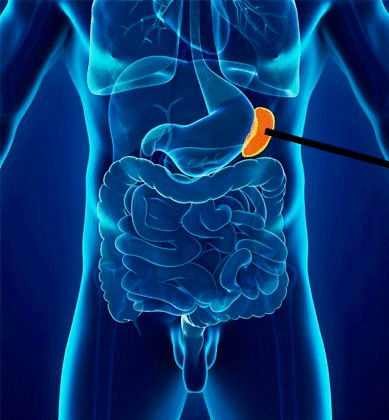Dynamic Clinical Cases in Infectious Disease
- Paulo Behar
- Jun 8, 2023
- 3 min read
Teaching Initiation Plan (TIP)
Text written for medical academics at (Universidade de Ciências da Saúde de Porto Alegre (UFCSPA)
By Patrick Bolzan
Scholar of the TIP in the Infectious Diseases Module, Specialties Clinical Discipline 1 (EC1)
Intern of the Medical Internship Program of the UFCSPA Medical Course

Dynamic Clinical Case in Infectology: A Screenshot
The beginning of this TIP
In 2021, I began the Teaching Initiation Program (TIP) under the guidance of Prof. Dr. Paulo Behar in the field of Infectology. The PID is a project aimed at bringing students closer to the practice of academic teaching through the development of tools or lessons to assist a professor in the subject they teach. Since then, I have been working with Prof. Paulo Behar, helping him with some teaching activities and directly engaging with students through the tools we developed.
The core and the first step
The core of the PID I participate in under the guidance of Prof. Paulo is a platform for clinical cases called "Dynamic Clinical Cases in Infectology." In this platform, a real clinical case is presented to a student interactively, encouraging them to develop clinical reasoning to solve it. To achieve this, our platform allows students to request any part of the physical examination they deem essential for the case. By clicking to request the chosen parts, they are presented with the findings of that specific point in the physical exam, whether normal or altered. Through this stage of our tool, students can develop the ability to rationalize the physical examination, focusing on the specific and relevant aspects of each case. They must reflect on which exams to perform, making their clinical practice agile and problem-oriented. At the end of this stage, the student should formulate diagnostic hypotheses, leading them to the second stage.
The second step
In the second stage of our tool, the student is exposed to a panel where they can request any laboratory or imaging test, which will present a result - normal or altered. At this point, the student is encouraged to use their clinical knowledge to request only necessary tests, being rational in their requests. This is the second foundation of our PID: the training of doctors who advocate for value-based medicine, reducing costs to the patient, decreasing the overload of tests on the healthcare system, and bringing the highest diagnostic accuracy to the clinical case. With the test data associated with the patient's history and physical examination, the student is then able to establish a syndromic, topographic, and etiological diagnosis - thus being able to establish a therapeutic approach.
The numbers of this TIP
Since the beginning of our project, more than two hundred students have already used the platform, providing various positive feedback. Dr. Paulo Behar has proven to be a master far beyond the medical aspect, guiding me in terms of contact with the students, clarifying work-related doubts with students, and acting as a true guide for my development as a genuinely humane and empathetic doctor. With Prof. Dr. Paulo Behar, I was able to learn the true meaning of Oliver Holmes' words:
"Medicine knows how to cure sometimes, relieve very often, and comfort always."
Patrick Backes Bolzan
bolzanpatrick@gmail.com
Blog Tips
1. Dear Infectious Disease student, take advantage of the previously dreamed opportunity, now a reality in progress, to study Medicine!
2. Make the most of these unique years of your life by visiting as many patients as possible, both in number and quality. Conduct structured visits using powerful professional tools such as patient history and progress notes. As you approach patients, aim to apply the principles of non-maleficence and beneficence.
3. Take advantage of Dynamic Clinical Cases in Infectious Diseases!





Comments